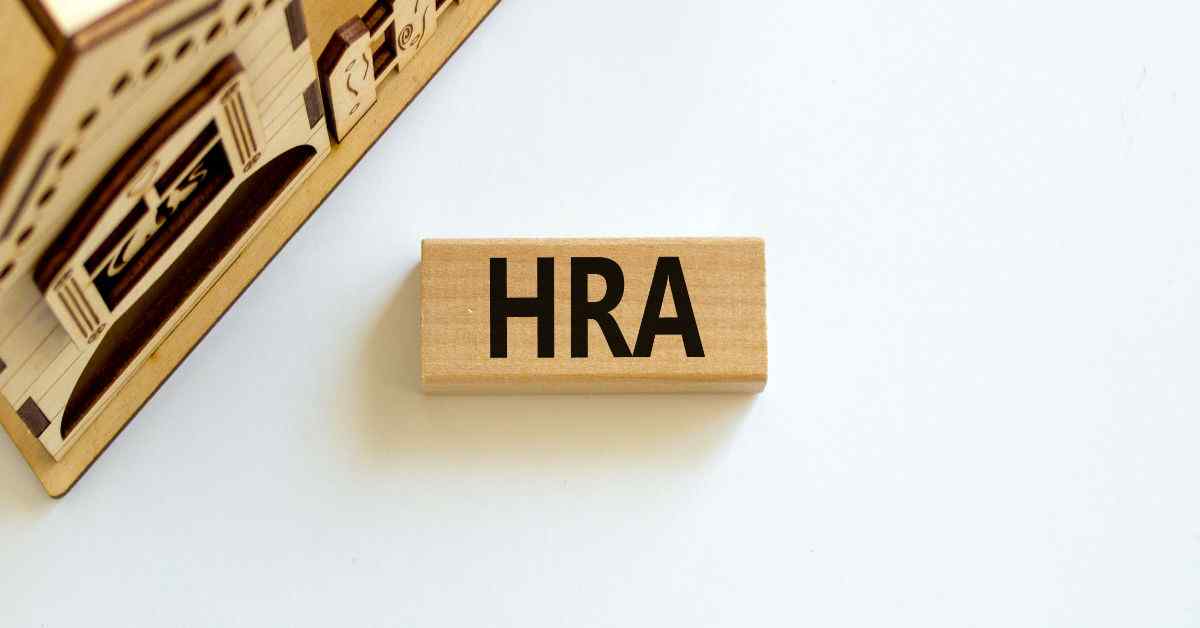Top Mistakes to Avoid in Your Rent Agreement for HRA Benefits

Renting a house and claiming House Rent Allowance (HRA) benefits go hand in hand for many salaried individuals. HRA provides tax relief on the rent paid by the tenant. However, to avail of these benefits, a proper rent agreement is essential. Making mistakes in your rent agreement can lead to complications and even denial of HRA benefits. In this blog post, we will discuss the top mistakes to avoid in your rent agreement for HRA benefits, ensuring you receive the maximum tax benefits legally entitled to you.
What Are The Common Mistakes That People Made In Rent Agreement?
There are various common mistakes that people make while creating rent agreements and that results in not getting benefits of HRA. Here are some of the common mistakes:
Incomplete or Generic Rent Agreement
Your rent agreement should be a comprehensive document.
Many tenants make the mistake of using generic or incomplete rent agreements. A proper rent agreement should include all essential details such as the names of the tenant and landlord, the property’s address, the rent amount, the duration of the agreement, and the terms and conditions. Generic agreements may not be accepted by the tax authorities, and incomplete agreements can lead to confusion and disputes.
Incorrect Rental Amount
The rent mentioned in the agreement should reflect the actual rent paid.
Some tenants make the error of mentioning a lower rent in the agreement than what they actually pay. This is done to reduce the taxable portion of HRA. However, this can be a serious mistake. Tax authorities can verify the actual rent paid, and providing incorrect information can result in penalties or even legal action.
Absence of Landlord’s PAN
Include your landlord’s PAN to claim HRA benefits.
To claim HRA benefits, you must provide your landlord’s Permanent Account Number (PAN). Failing to do so can lead to your HRA claim being rejected. Ensure that your rent agreement contains the landlord’s PAN and that it is accurate.
No Notarization or Stamps
Make your rent agreement legally binding.
Many tenants overlook the importance of notarizing or stamping their rent agreements. A notarized or stamped agreement is legally valid and provides more credibility when claiming HRA benefits. It helps prove the authenticity of the rent agreement.
Not Updating the Agreement Annually
Renew your rent agreement annually.
Rent agreements typically have a fixed duration. After the initial term, it is crucial to renew your agreement every year, even if there are no changes in the terms. Failing to do so can lead to complications when claiming HRA benefits, as tax authorities may not accept an outdated agreement.
Ignoring the Maintenance and Security Deposit
Clearly define maintenance and security deposit terms.
Many tenants forget to include the details about maintenance charges and security deposits in their rent agreements. It is essential to specify these terms to avoid disputes with your landlord and ensure that they are not considered part of the rent when claiming HRA benefits.
Not Retaining Rent Receipts
Maintain a record of rent payment receipts.
Even with a well-drafted rent agreement, you should keep a record of rent receipts as proof of payment. This is especially important when claiming HRA benefits, as these receipts can help substantiate your claim.
What Do We Recommend To Avoid Such Common Mistakes?
We would highly recommend you to consider using an online portal which helps people to create a legally binding online rent agreement that secures the rights of the landlord as well as the tenant. Online portals such as edrafter.in which is a renowned name in this industry helps its customers to create a legally binding rent agreement on stamp paper.
Conclusion
To maximise your HRA benefits while renting a house, it is vital to avoid these common mistakes in your rent agreement. Ensure that your rent agreement is comprehensive, accurate, and legally binding. By doing so, you can enjoy the tax benefits you are entitled to without any hassles or complications with the tax authorities. Remember, it’s always a good idea to consult a legal expert or a tax consultant to ensure your rent agreement is in compliance with the current tax laws and regulations.






